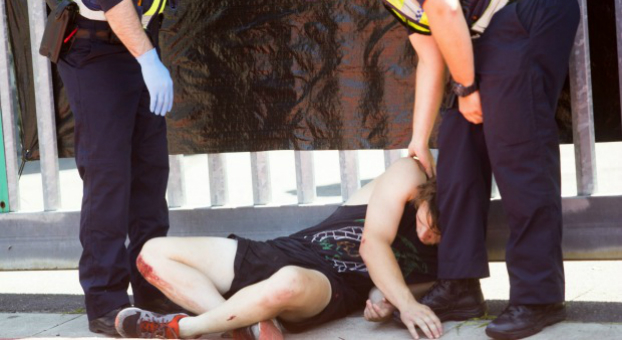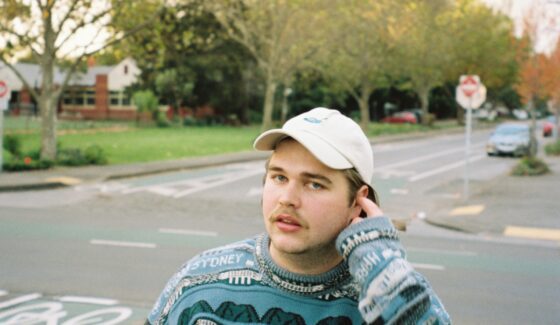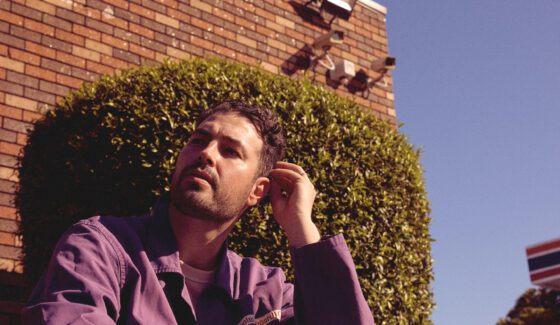Stereosonic Becomes The First Festival To Publicly Support On-Site Pill Testing

One of Australia’s biggest music festivals, Stereosonic, has publicly backed on-site pill testing for its patrons, after two people died at their events last year.
Stereosonic, have given their “full support” to hold pill testing at their Sydney event
Amid growing support for measures to be put in place to reduce drug related deaths at music festivals, Totem OneLove Group, the electronic music company who run Stereosonic, have given their “full support” to hold pill testing at their Sydney event.
While many are rejoicing (including us), the trial program will have to be approved by the NSW government, which has previously said that anyone carrying out this kind of pill-testing “risked arrest for drug supply and manslaughter should they attempt to carry out the testing in NSW”.
Authorities still seem to be sitting on their hands over the issue, but there’s no denying that something needs to be done after the 2015-2016 festival season became one of the deadliest to date. There were three recorded deaths from suspected overdoses, two of those at Stereosonic festival, with Sylvia Choi, 25, at the Sydney event, and Stefan Woodward, 19, in Adelaide.
That’s not including dozens of drug-related hospitalisations and hundreds of arrests. But despite this, the NSW Deputy Premier Troy Grant has hit back at on-site pill-testing after emergency medical specialist Dr David Caldicott and President of the Australian Drug Law Reform Foundation Dr Alex Wodak proposed a privately-funded pill testing program at NSW festivals, with the Premier saying if “these pills go wrong and kill someone they may well be vulnerable to manslaughter charges”.
The testing would be anonymous and most likely happen in a marque inside the festival, where patrons would provide a sample of their pill, powder, or capsule into a supplied container
Dr Caldicott and Dr Wodak’s proposed testing would be very similar to that already used at music festivals across Europe, using laboratory-grade forensic testing machinery. The testing would be anonymous and most likely happen in a marque inside the festival, where patrons would provide a sample of their pill, powder, or capsule into a supplied container. The sample would then be tested by gas chromatography mass spectrometry, which would identify every chemical found in the sample, including the presence of unknown substances.
The process would take between 25-40 minutes and Dr Caldicott said a forensic chemist would explain the results to the patron but always discourage them not to that the substance.
Dr Caldicott and festival organisers maintain that they don’t condone drug-taking, the pill-testing measures would only be in place to reduce the risk of hospitalisations and deaths, with a key feature of the program being amnesty bins where festival goers could dispose of their substances.
With drug related deaths on the rise at music festivals, Stereosonic’s public support of on-site pill-testing is a timely response and will hopefully prompt other leading festivals to back similar programs across the country.
Photo credit: Craig Sillitoe







